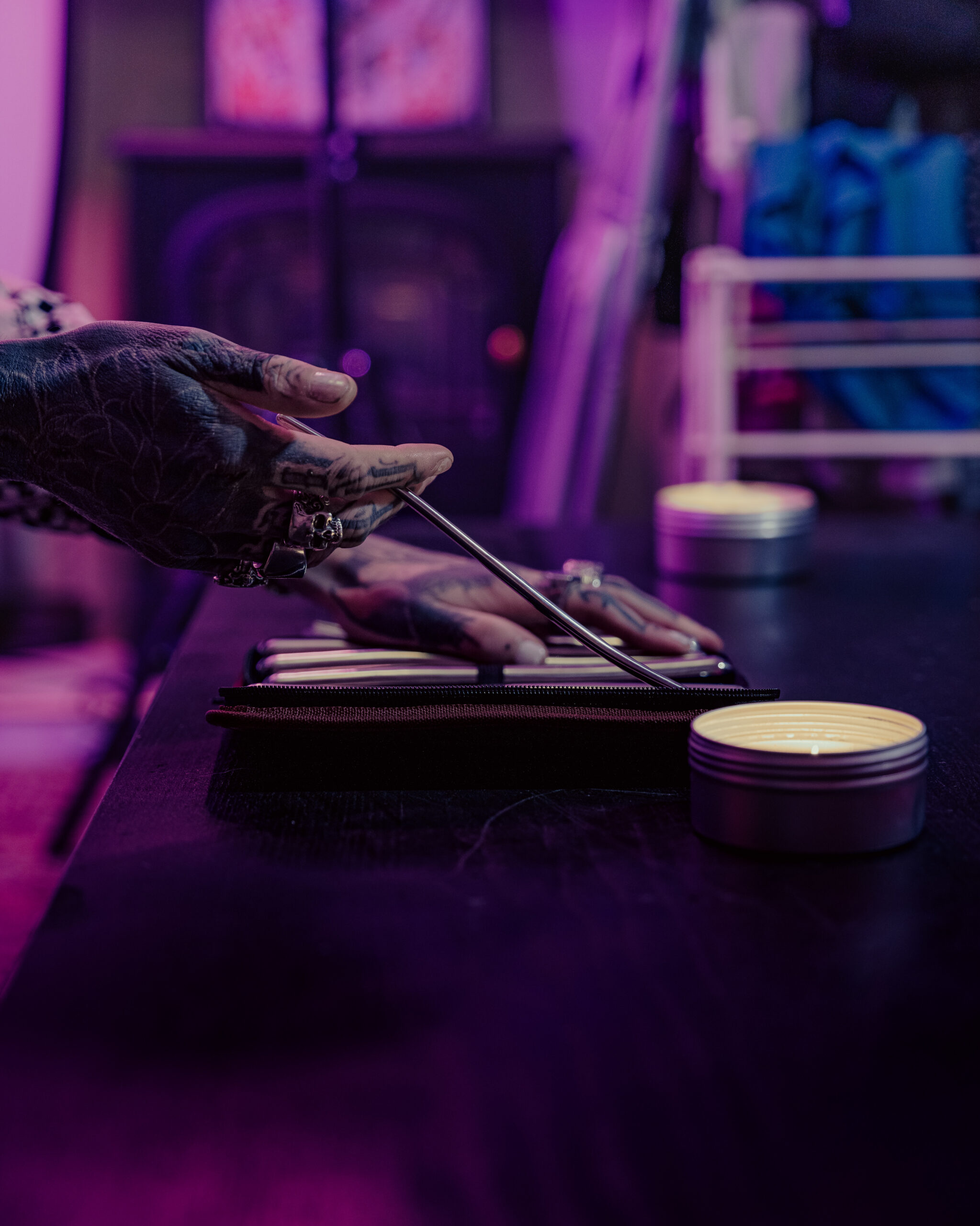Tinder Vs Bumble Vs Hinge: How Different Apps Shape Romance
Tinder
Tinder, the app that ushered in the era of swiping for love, remains a dominant force in the dating landscape. Known for its simplicity and massive user base, Tinder allows users to quickly connect with potential partners based on shared interests and physical attraction.
Swiping Culture
While Tinder continues to reign supreme, other dating apps have emerged, offering unique approaches to finding love. Bumble and Hinge, in particular, have gained significant traction by challenging traditional dating norms and emphasizing deeper connections.
- Bumble, launched in 2014, empowers women by requiring them to initiate contact after a match. This shift in dynamics aims to reduce unwanted advances and promote more respectful interactions.
- Hinge, on the other hand, focuses on building connections through detailed profiles that encourage users to showcase their personalities and interests beyond just appearance.
Superficiality vs. Spontaneity
Tinder’s emphasis on superficiality, evident in its swipe-based system focused on initial physical attraction, can foster a culture of fleeting connections and instant gratification. This approach prioritizes spontaneity, allowing users to engage with numerous potential partners quickly, but it may not always lead to meaningful, lasting relationships.
Bumble and Hinge, however, present alternative approaches that challenge this superficiality. Bumble’s emphasis on female agency encourages deeper thought and intentionality in initiating contact, potentially fostering more respectful and genuine connections. Hinge’s detailed profiles encourage users to go beyond surface-level impressions, promoting a focus on shared values, interests, and personality traits.
Focus on Casual Encounters
While Tinder remains popular for its ease of use and vast user base, it’s primarily known for facilitating casual encounters. The swipe-based format prioritizes immediate attraction, making it ideal for those seeking quick connections or short-term flings.
Tinder’s lack of in-depth profiles allows users to focus on physical appearance as the primary factor in making matches. This emphasis on superficiality can lead to a culture where relationships are fleeting and based more on instant gratification than genuine compatibility.
Bumble
Bumble, launched in 2014, distinguishes itself by empowering women to make the first move after a match. This unique feature aims to create a more respectful and intentional dating experience by shifting the power dynamic and reducing unwanted advances.
Women Make the First Move
Bumble’s core philosophy revolves around giving women control in the dating process. By requiring women to initiate contact after a match, Bumble challenges traditional gender roles and creates a space where women feel more empowered and comfortable.
This shift in dynamic encourages more thoughtful interactions and reduces the likelihood of unwanted advances or harassment. Women can take their time deciding who they want to connect with, fostering a sense of agency and control over their dating experiences.
Emphasis on Female Agency
Bumble’s emphasis on female agency is a key differentiator in the dating app landscape. By requiring women to initiate contact after a match, Bumble flips the script on traditional dating norms, empowering women to take charge of their romantic pursuits.
This shift in power dynamic creates a more respectful and intentional dating experience. Women can choose who they want to engage with without feeling pressured by unsolicited advances or expectations.
Bumble’s approach encourages thoughtful communication and genuine connections, as women are motivated to initiate conversations with individuals they find genuinely interesting. This fosters a space where women feel more comfortable expressing themselves authentically and building meaningful relationships.
Building Meaningful Connections
Bumble stands out in the dating app world by prioritizing female empowerment and fostering respectful interactions. By requiring women to make the first move after a match, Bumble challenges traditional gender roles and creates a space where women feel more comfortable and in control of their dating experiences.
This shift in dynamic encourages thoughtful communication and reduces the likelihood of unwanted advances or harassment. Women can choose who they want to engage with based on genuine interest rather than feeling pressured by unsolicited attention.
Bumble’s emphasis on female agency promotes a more intentional and respectful dating culture, allowing women to express themselves authentically and build meaningful connections.
Hinge
Hinge differentiates itself from the swiping-centric world of Tinder by focusing on fostering deeper connections. Users create detailed profiles that go beyond just appearance, showcasing their personalities, interests, and values. This emphasis on substance over superficiality aims to help users find compatible partners based on shared values and long-term relationship goals.

Detailed Profiles & Prompts
Hinge encourages users to showcase their personalities through detailed profiles that delve deeper than just physical attributes.
These profiles often include prompts that encourage self-reflection and provide insights into a person’s interests, hobbies, and values.
By going beyond surface-level impressions, Hinge aims to help users form more meaningful connections based on shared values and compatibility.
Deeper Conversations
Hinge distinguishes itself from the swipe-based approach of apps like Tinder by emphasizing deeper connections. Its focus is on building relationships based on shared interests and values rather than just physical attraction.
Users create detailed profiles that go beyond superficial information, allowing them to showcase their personalities, hobbies, and aspirations. This encourages more thoughtful interactions and a greater chance of finding compatible partners.
Hinge’s unique prompts within the profile creation process encourage users to reveal more about themselves, prompting introspection and offering potential matches deeper insights into who they are as individuals.
Relationship-Oriented Approach
Hinge differentiates itself from the swiping-centric world of Tinder by focusing on fostering deeper connections. Users create detailed profiles that go beyond just appearance, showcasing their personalities, interests, and values. This emphasis on substance over superficiality aims to help users find compatible partners based on shared values and long-term relationship goals.

- Hinge encourages users to showcase their personalities through detailed profiles that delve deeper than just physical attributes.
- These profiles often include prompts that encourage self-reflection and provide insights into a person’s interests, hobbies, and values.
- By going beyond surface-level impressions, Hinge aims to help users form more meaningful connections based on shared values and compatibility.
Hinge distinguishes itself from the swipe-based approach of apps like Tinder by emphasizing deeper connections. Its focus is on building relationships based on shared interests and values rather than just physical attraction.
Users create detailed profiles that go beyond superficial information, allowing them to showcase their personalities, hobbies, and aspirations. This encourages more thoughtful interactions and a greater chance of finding compatible partners.
Hinge’s unique prompts within the profile creation process encourage users to reveal more about themselves, prompting introspection and offering potential matches deeper insights into who they are as individuals.
Shop for condoms that offer a smooth, enjoyable experience
Order assorted condoms in bulk for all your needs
Get ultra-thin for safe and comfortable intimacy
Shop ribbed warming condoms for better comfort and excitement
Order flavoured and novelty condoms for a unique touch
Shop for regular and natural products to suit your style
Buy Control Condoms for enhanced confidence
Buy Safe and Strong for ultimate peace of mind
- Sculptra Surrey – Collagen Stimulation Therapy Near Wallington, Surrey - November 1, 2025
- Redensity 1 Skin Booster Treatments Near Lingfield, Surrey - October 30, 2025
- Polynucleotides Injectables Near West Horsley, Surrey - October 28, 2025
